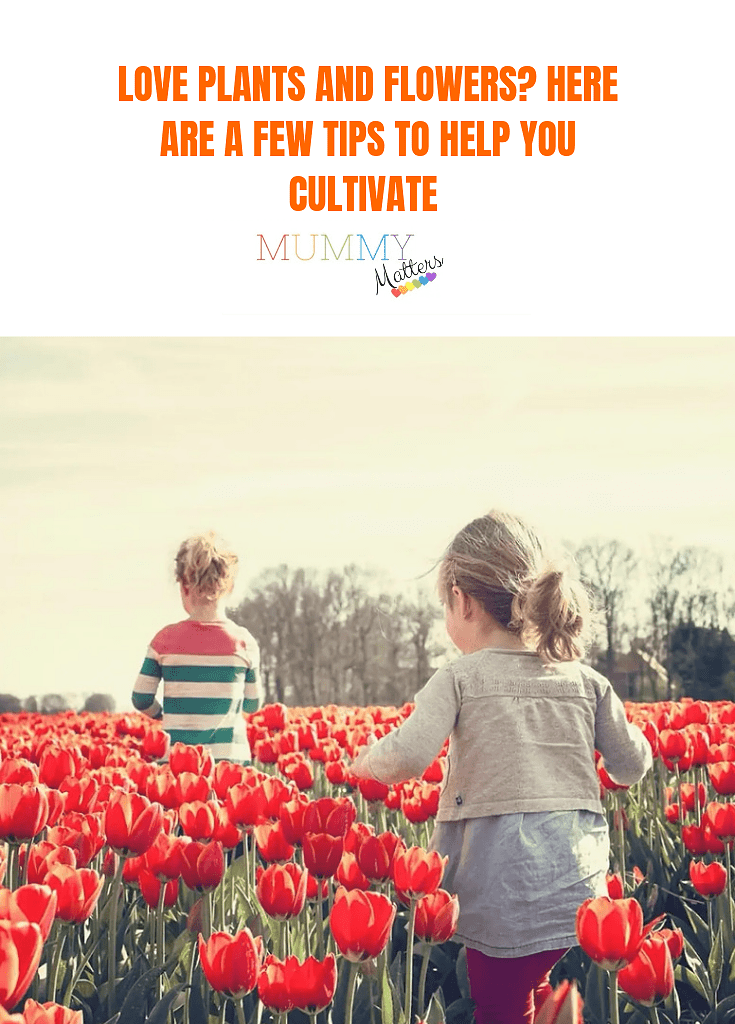Are you looking to cultivate plants and flowers but don’t know where to start? If you’re an avid gardener or someone who enjoys the beauty of plants and flowers, you know how rewarding it can be to cultivate them successfully. Growing plants and flowers is not as difficult as one may think. Anyone can do it with a few tips and tricks. Whether you’re growing for aesthetic purposes or practical uses such as food, we have some tips to help you cultivate your plants and flowers and make them thrive. Read on to find out more.
Find the Right Cultivation System
The first step in cultivating plants and flowers is to find the right cultivation system. There are two main types of systems: hydroponics and soil-based cultivation. Hydroponic systems use water, nutrients, and an artificial growth medium to provide food for the plant roots. There are different types of hydroponics systems, each designed to accommodate different types of plants. Choose the best depending on the type of plants you are growing.
Soil-based cultivation uses soil as the medium to cultivate your plants and flowers. This is the most common method gardeners use and is a great way to start cultivating plants and flowers. When choosing the soil, ensure it has adequate nutrients for the plant or flower you are growing. Do some research to determine the best type of soil for the plant or flower you are cultivating.
Choose The Right Location
You’ll want to ensure you choose the right location for your plants and flowers. It’s important to find a place with plenty of natural light, as this will ensure that they get enough sunlight to grow and thrive. Ensure the area is free from pests or other animals that may damage your plants.
You should also consider soil drainage when selecting a location, as this will ensure your plants stay healthy. For instance, if you are growing vegetables, you’ll want to ensure the soil is not too wet or waterlogged. However, if you are growing flowers, you’ll want to ensure there is good drainage so the soil does not become too dry.
Provide Enough Nutrients
Nutrients play an important role in cultivating plants and flowers. Different plants require different nutrients, and it’s important to ensure they get enough of what they need. The best way to do this is to add fertilizer to the soil or water. Again, it’s important to research the specific plant you are cultivating so that you know which nutrients they need.
You can also make your own fertilizer by combining organic matter—such as compost, manure, and kitchen waste—and adding it to the soil. This is a great way to provide your plants with the nutrients they need in an eco-friendly manner. However, such organic fertilizers may take longer or might not contain all the nutrients, so you’ll need to be patient and consistent with your application.
Water Regularly
Water is an essential element for plants and flowers to grow. You should water your plants regularly, but it’s also important not to overwater them, as this can harm their health. Ensure the soil is moist but not waterlogged, as this will create an environment where bacteria and fungi can flourish and damage the plant or flower.
You can use various irrigation methods to ensure your plants and flowers stay hydrated. Drip irrigation is one method where water is slowly released to the plant’s roots at regular intervals. It ensures that the soil remains moist and helps prevent overwatering. Others include sprinklers and hand-watering with a hose or watering can.
Keep Off Pests
Unfortunately, pests can be a problem for plants and flowers. If not kept in check, they can cause damage to your plants that may even kill them. To keep pests away, it’s important to regularly inspect your plants and remove any bugs or larvae you find.
Some ways to keep off pests include using natural predators, such as ladybugs, or barriers against pests. There are also some types of plants that act as natural repellents to certain pests and can be planted as a form of protection for your other plants.
Finally, you should ensure the area around your garden is tidy and free from debris that may attract pests. This will help keep your plants and flowers healthy.
Monitor Your Plants
Finally, it’s important to monitor your plants regularly and look out for any signs of damage or health issues. Check the leaves, stems, and flowers to ensure they are in good condition. If you notice any problems, take action immediately to prevent further damage.
Monitoring your plants allows you to detect diseases early on so that you can address them before they become a bigger problem. It also indicates how well the plant is growing and if it is receiving enough nutrients.
Cultivating plants and flowers is a rewarding but challenging process. To ensure success, it’s important to take the necessary steps, such as selecting an ideal location with plenty of light, providing enough nutrients, watering regularly, keeping off pests, and monitoring your plants. Doing so will help you create a beautiful garden that will thrive for many years to come.

